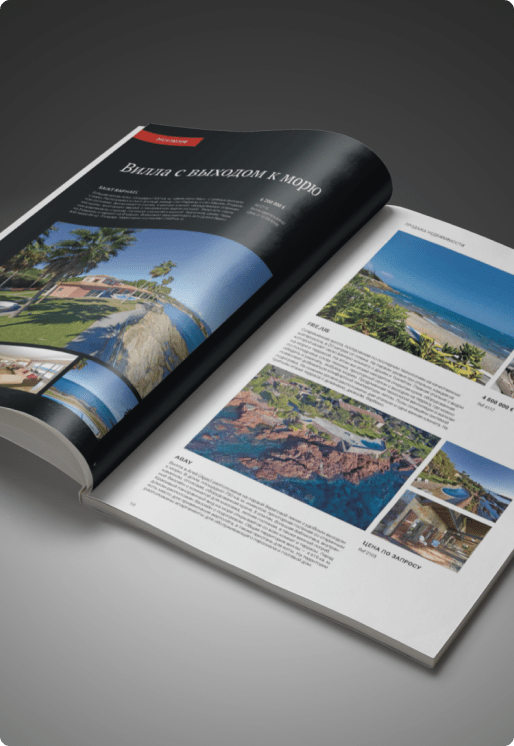

















- Home
- Real Estate
- Villefranche-sur-Mer Modern Villa with Panoramic Sea View in Gated Community
Villefranche-sur-Mer Modern Villa with Panoramic Sea View in Gated Community
Set in a prestigious gated community, this contemporary Californian-style villa in Villefranche-sur-Mer boasts a commanding panoramic view of the sea and the Saint-Jean-Cap-Ferrat peninsula. Constructed in 2014 and spanning 300 sqm, the two-level home radiates modern elegance. The upper level features a spacious living room with a fireplace, opening onto a terrace that leads to the pool. The modern kitchen and dining area also share this seamless outdoor connection. The lower level houses four bedrooms, each with private bathrooms and access to a covered terrace, all rooms offering captivating sea vistas. Outdoor luxuries include heated swimming pools and a summer kitchen with a barbecue. The property also provides a two-car garage, additional parking, and sits on a 1,910 sqm land plot. Its exceptional location in a serene, secure domain makes it an ideal retreat with breathtaking sea views.


















































Step-by-step guide to the homebuying process :
- Select properties and ask to organise viewing
- Visit selected properties and choose a home to buy
- Have the house inspected and ask for energy performance rating
- Make an offer. Present it to the seller and reach agreement on the price.
- Sign a promise deed – Compromis de vente
- Make a down payment of 5-10% of the sale price
- Consider your financial options, ask for mortgage
- Wait for the notary to check the transaction cleanliness
- Pay a 100 % of the amount
- Sign a sale deed and get the keys to your new home
- Get legal documents, registered in the French Land Registry, from the notary
- Register utilities and insurance policies of your new home in your name
These reports inform the buyer about the state of the property but do not constitute a guarantee of its perfect condition.
For a detailed overview, see our guide: Property Sales in France: Mandatory Technical Inspections
56 bis, av de la Lanterne
06200 Nice, France
+33 4 93 29 84 25
9:00 – 18:00
Nice, France (GMT +2)






